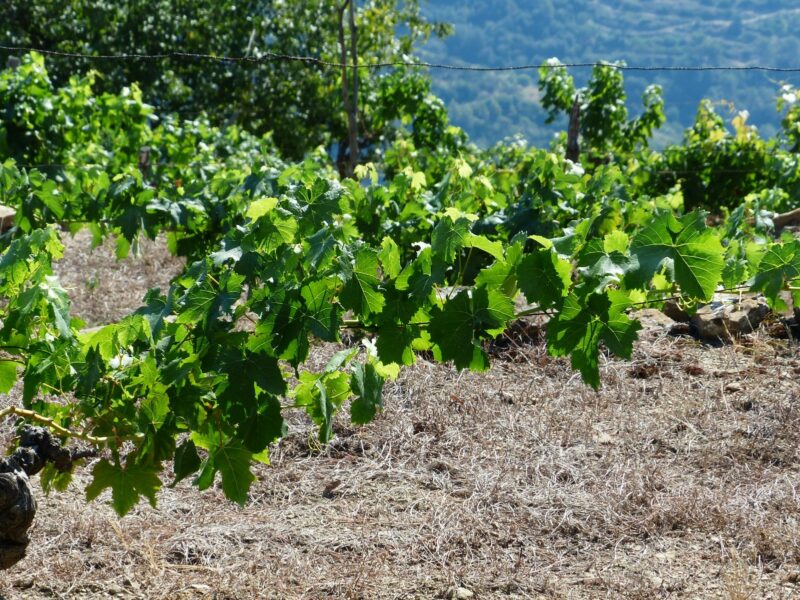
The Promise of Eternal Friendship
Good Friday. Fr Richard Conrad meditates on the many models scripture gives us for understanding Christ’s death.
Jesus’s death has saved us. But how? A single, neat explanation cannot exhaust something so awesome. Scientists use several models for an ordinary thing — an electron or an economy — since we cannot understand it through and through. The extraordinary event of God’s death in the flesh must defy comprehension!
Isaiah’s prophecy offers glimpses of the mystery. Being gentle and just, Jesus is the perfect sacrifice to undo sins. The Lord entrusted his envoy with the burden of healing our iniquity. Out of compassion for our misery, he endured punishment inflicted by fellow human beings who misjudged him as a criminal rejected by God. As the Lord’s servant Jesus interceded for us who harmed him, and yielded the fruit of our friendship with God.
The Letter to the Hebrews also presents Jesus’s crucifixion as intercession, as a prayer made aloud — ‘Father, forgive them’ — and by tears of compassion. Jesus has taught us to tread the right path though tried by fear and opposition, shown us how to be children of God.
The High Priest entered the inner sanctuary once a year, by himself — and came out. Jesus the true High Priest has taken human nature through death into God’s glory, irrevocably, so that in him we can make the journey.
John, too, shows us Jesus fulfilling the prophecies, and providing what the sacrifices had looked towards. He dies while the Passover lambs are killed; he fits the rules for them — his bones are not broken, his blood is drained. All is accomplished.
The Bible begins with Adam — The Man — rising up against God in the garden. To counter human pride, the new Adam obediently handed himself over in a garden. When he had been humiliated, Pilate could present him to the people: ‘Behold, the Man.’ He was buried in a garden where, in his resurrection, he would re-fashion human nature in beauty.
At the Last Supper, while committing himself to his Passion, Jesus told his disciples that from then on they could see the Father. Jesus is his Father’s perfect image, the Father’s Word or ‘self-expression’. This Word is spoken to us most eloquently in his Passion. That is where we see God. God the Father has a face — the face of his crucified Son. This face regards us with forgiveness; it gazes at us with love despite the way we mar it. As Pope John Paul explained (Dives in Misericordia), in Jesus God’s mercy has taken flesh — and does us the service of asking for our mercy.
Much of this was implied by the first reading of the old Good Friday Liturgy, from Hosea 6, and the following chant from the Old Latin version of Habakkuk:
? I have desired mercy and not sacrifice; the knowledge of God more than burnt offerings. Lord ? you will become known between two living things; when the years have drawn nigh you will be recognised?
Jesus crucified is the New Covenant, God’s pledge of loyalty towards us despite our disloyalty. This pledge is made with such gentle power as to draw our loyalty in return. Jesus said that when he was lifted up from the earth he would draw all things to himself.
Jesus offered the Holy Spirit, the living water. This water would flow from his midst, as prophesied by the rock Moses struck, the temple Ezekiel saw, and the pierced one of whom Zechariah spoke. Only through Jesus’s departure could the Spirit come as the Paraclete, the Counsellor to befriend us. So, once he had accomplished his Father’s work, Jesus bowed his head and handed over the Spirit. In token of this, blood-and-water, living water, flowed from his side.
Jesus’s death is the great expression of God’s love. So it is the ‘channel’ for the Holy Spirit, the Divine Love in person, to come among us to work forgiveness of sins, to make us one body in Christ, to make us friends of God the Father who loyally journey to him.
Jesus’s death is the promise of God’s eternal friendship: the Word who was prepared to show us the Father by enduring the cross, will not refuse to show the Father clearly, in heaven, to those who want to see him, that we may truly live. The Word-become-flesh handed himself over to death, so as to hand over the Spirit. The Spirit is the divine friendship. He enfolds us now, that we may share Jesus’s intercession, and give ourselves with Him.
He wills to enfold us for ever so that in, through and with Christ we can render all honour and glory to the Father, on behalf of all creation, as we gaze on our friend’s face. In that vision lies perfect fulfilment.


